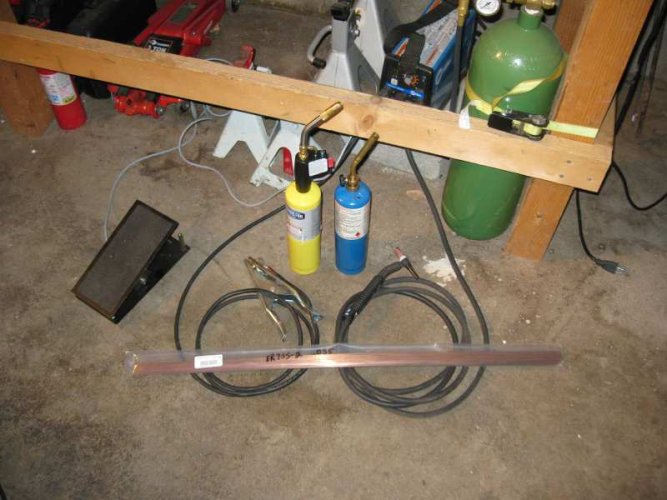savagefromthesprings
Pebble Pounder
Saw this in a Micro-Mark magazine. Says that it is the Hardest Soft Solder on Earth. 4300 pounds per square inch. What do you guys think?
http://www.micromark.com/TIX-SOLDER-PKG-OF-20-3-STICKS,6707.html
http://www.micromark.com/TIX-SOLDERING-FLUX-1and2-OZ,6708.html
http://www.micromark.com/TIX-SOLDER-PKG-OF-20-3-STICKS,6707.html
http://www.micromark.com/TIX-SOLDERING-FLUX-1and2-OZ,6708.html


